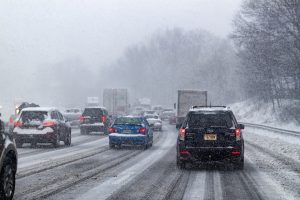With colder seasons of weather just around the corner, firefighters in Northamptonshire are urging householders to sweep away fire risk by having their chimneys cleaned.
Although people will routinely have their car MOTs carried out, the basic fire safety step of having a chimney swept is sometimes neglected.
Northamptonshire Fire and Rescue Service (NFRS) would like to remind people that keeping clear flue shafts is essential to prevent chimney fires and should be routine.
NFRS is proud to be supporting Chimney Fire Safety Week (September 2-8) by reminding people about the importance of chimney maintenance in protecting homes against fire.
NFRS District Liaison Officer Tina Collett said: “It is important you have your chimney swept regularly, depending on what fuel you burn, before the colder months set in and you begin to use your fire again.
“Modern sweeping techniques are quick, clean and efficient, so it is worth taking the time to organise a chimney sweep and help take an extra step towards ensuring your family’s safety.”
NFRS also advise installing at least one smoke alarm on each level of your home and testing these regularly. If a fire does break out, this could give a vital early warning.
Bruce Allen, CEO at the safety organisation HETAS, said: “Sweeping your chimney twice a year and using a quality assured fuel is the key to prevention. Not only does this remove soot and tar deposits, but also gives sweeps the opportunity to check for any problems with the chimney or liner.”
For more information on chimney maintenance and how this can help with fire prevention, visit www.chimneyfiresafetyweek.co.uk
Chimney fire prevention tips:
- Ensure your chimney is swept regularly
- Remind your friends and family to get their chimneys swept
- The frequency of sweeping should be according to the type of fuel being used.
(Smokeless fuels – at least once a year, bituminous coal – at least twice a year, wood – quarterly when in use, oil – once a year) - Get a carbon monoxide alarm fitted, in accordance with Building Regulations, and test regularly
- Keep chimneys, flues and appliances clean and well maintained
- Be careful when using open fires to keep warm. Make sure you always use a fire guard to protect against flying sparks from hot embers
- Ensure the fire is extinguished before going to bed or leaving the house
- Never interrupt the air supply by blocking air vents or air bricks
- Avoid slumbering an appliance (unless it has been tested as safe to do so). Slumber mode is when an appliance is purposely set at a low or minimum output normally for overnight burning to be revived in the morning without the need for relighting
- Chimneys that have been lined still require regular sweeping
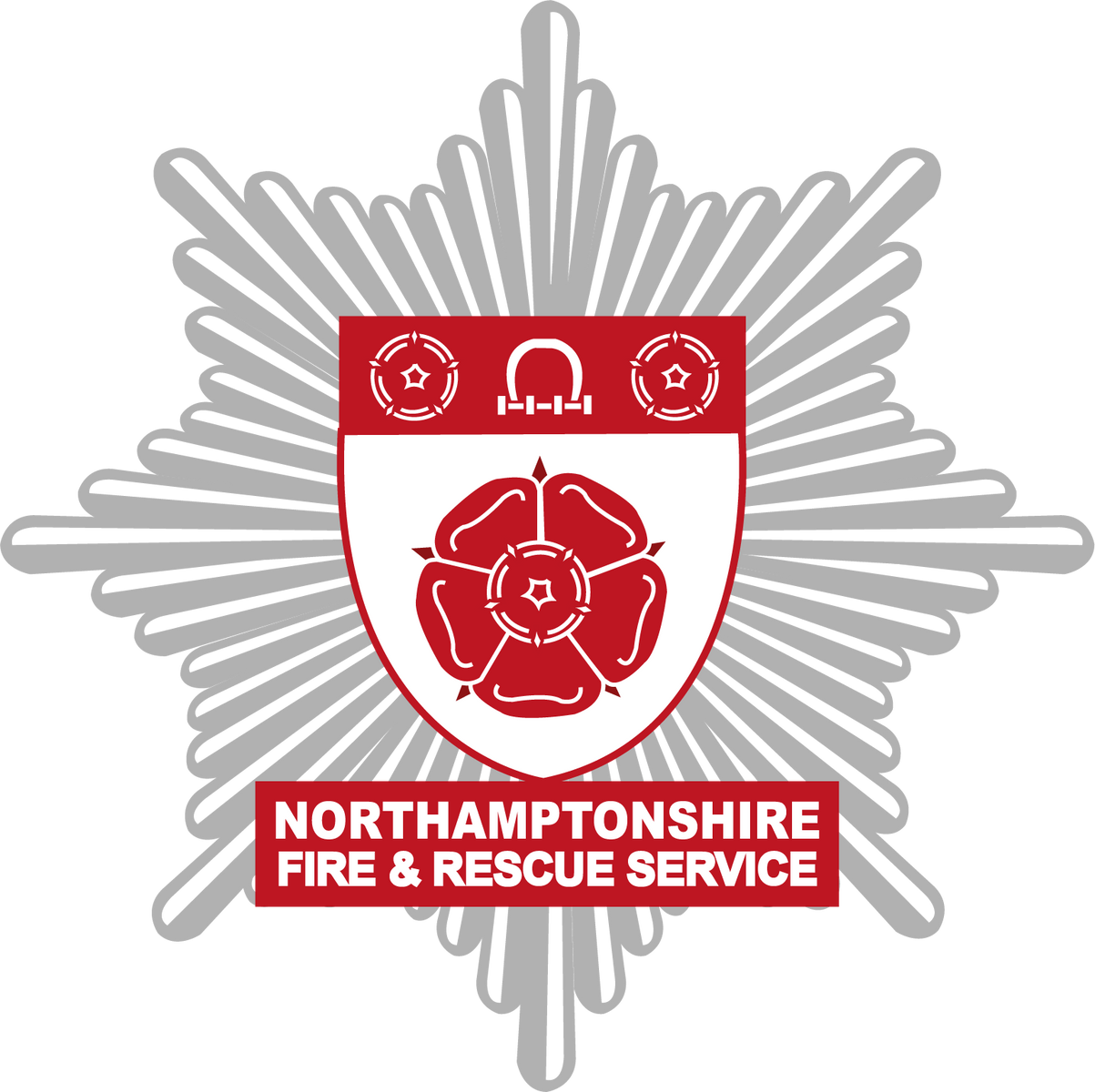

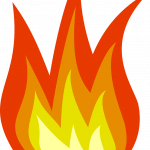
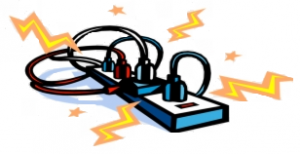
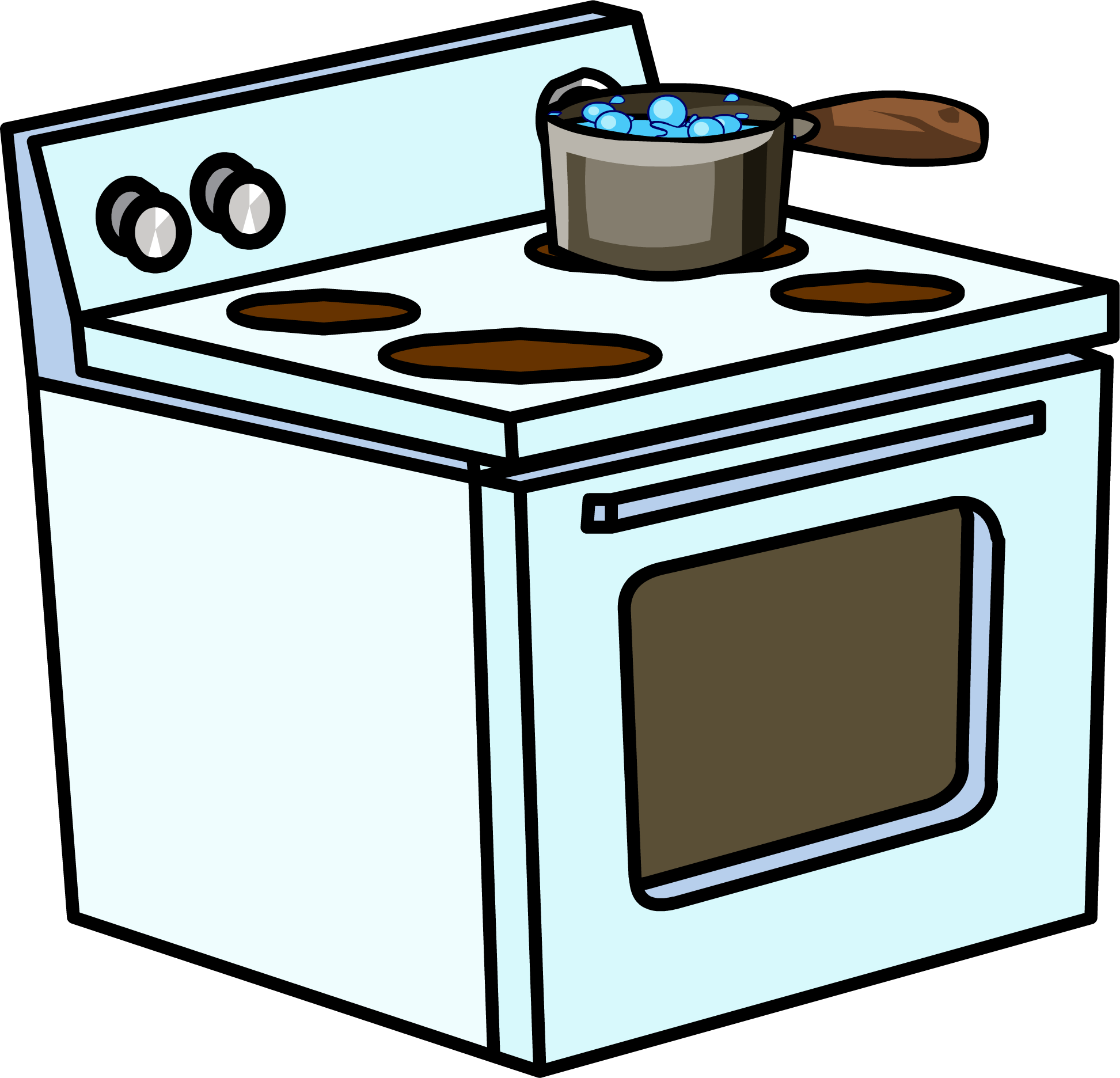


 Fire Risk Assessment (worked example for House in Multiple Occupation (HMO)) (PDF 389KB)
Fire Risk Assessment (worked example for House in Multiple Occupation (HMO)) (PDF 389KB)